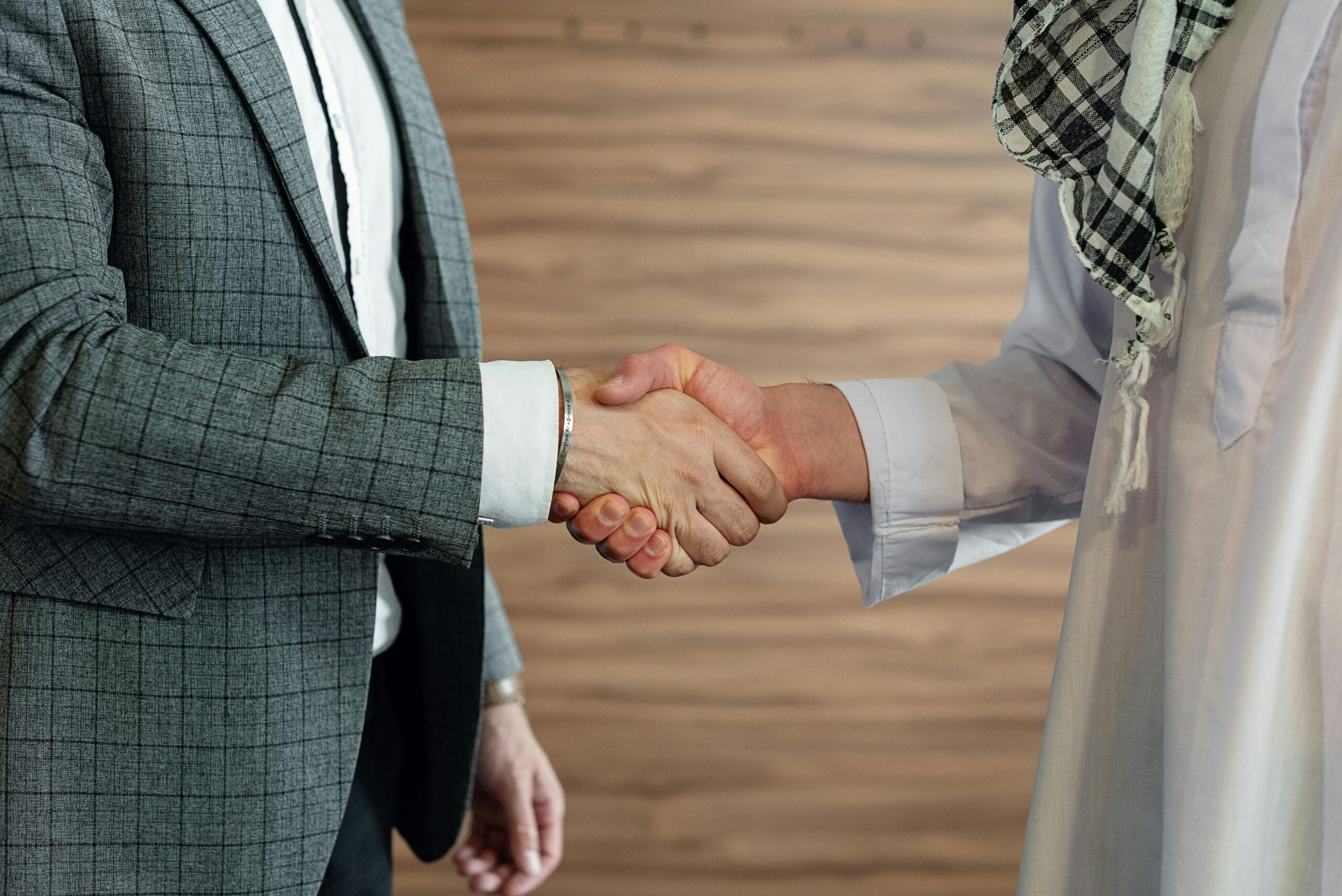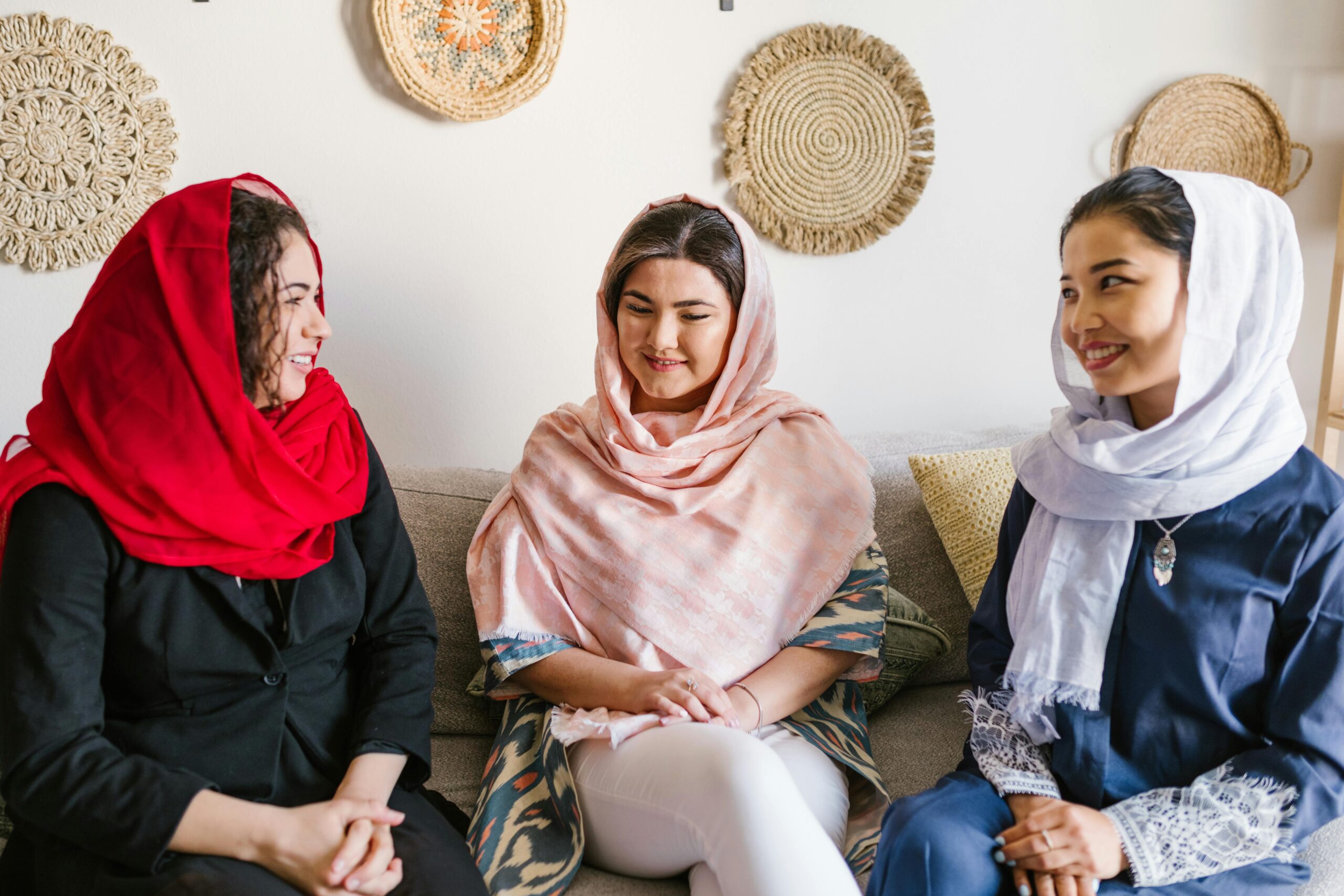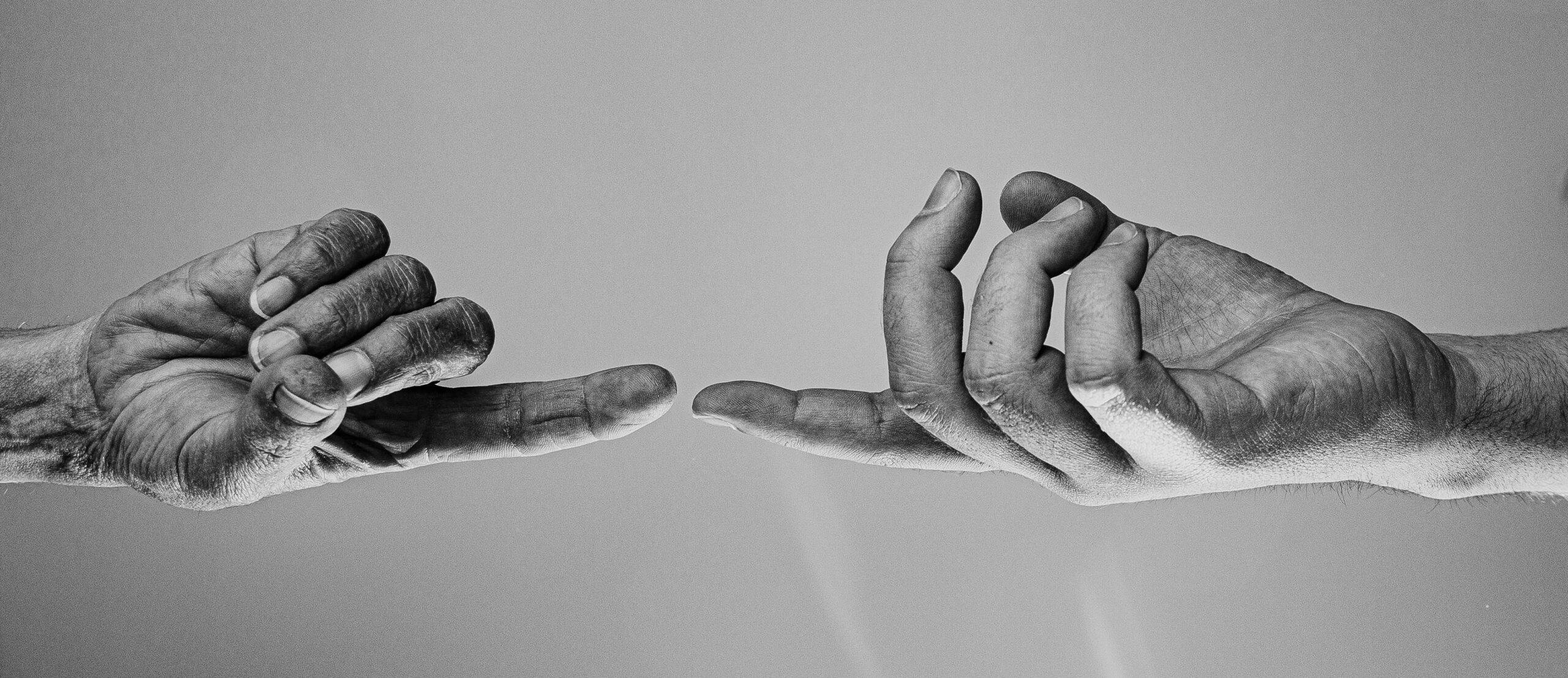Introduction: Why Politeness Is Universal however Different Everywhere
Politeness is one of the maximum vital components of human interaction. No be counted in that you circulate, human beings use manners to expose apprehend, kindness, and care. But every manner of existence has its very very very own guidelines approximately what’s well mannered and what isn’t always. These worldwide traditions of polite interplay teach us how people live collectively peacefully.
When we excursion, meet people from extraordinary countries, or take a look at approximately other cultures, we studies that well mannered behavior modifications from region to region. A smile, a bow, or perhaps silence can endorse very numerous things round the arena.
In this newsletter, we’ll discover how awesome societies use gestures, language, greetings, and traditions to reveal admire. We’ll moreover recognize how the ones customs assist construct more potent, friendlier relationships.
The Power of Greetings: First Impressions Matter
Asian Cultures: Bowing and Respect
In global locations like Japan, South Korea, and Thailand, bowing is a key signal of admire. A deeper bow frequently manner better recognize. In Thailand, humans greet others with a “wai”—hands together, hands pointing upward, and a slight bow of the pinnacle.
These greetings are more than without a doubt conduct. They display humility, honor, and acknowledgment of social rank.
Western Cultures: Handshakes and Smiles
In the us, Canada, and Europe, handshakes are the maximum commonplace well mannered greeting. A company handshake with eye touch indicates self notion and appreciate. In satisfactory settings, a hug or a kiss at the cheek may be used.
In the ones places, smiling while you greet a person is regularly visible as a well mannered and heat gesture.
Middle Eastern Traditions: Hospitality and Hand Gestures
In many Arab cultures, greetings are longer and extra expressive. People may additionally place their surrender the coronary heart after shaking palms, displaying deep recognize. It’s not unusual to invite about every other’s own family and nicely-being as a part of the greeting.
Here, politeness way taking the time to make others experience valued.
Speaking Politely: Words That Build Respect
Indirectness in Communication
In cultures like Japan, Indonesia, and the Philippines, being too direct is often visible as rude. Instead, human beings communicate in mild, oblique strategies. Saying “no” too truly can embarrass someone, so they will say “I’ll try” or “possibly” as an alternative.
This sort of polite interaction shows contend with the other person’s emotions.
Formality and Titles
In many nations, using titles is a should. In Germany, for example, calling a person “Herr” or “Frau” (Mr. Or Mrs.) observed via their final name is a number one sign of politeness.
In India, it’s common to apply “ji” after a call, which consist of “Rahul-ji,” to reveal more understand.
Thank Yous and Apologies
Saying “thanks” and “sorry” is polite in nearly each tradition, however the way it’s completed can range:
In France, human beings say “merci” frequently, even in informal settings.
In China, close to friends might not say “thank you” as a good buy, as it may seem far flung.
In Brazil, people regularly say “desculpa” (sorry) for even small topics.
Gestures and Body Language: Silent Politeness
What’s Polite in One Place May Be Rude in Another
A gesture that’s polite in a unmarried usa of the united states can be rude in a few different. That’s why it’s vital to research worldwide traditions of well mannered interplay in advance than journeying a modern area.
 Examples:
Examples:
In India, human beings greet with “Namaste”—fingers collectively with a bow.
In Greece, waving with an open palm is offensive.
In Bulgaria, nodding approach “no” and shaking the top manner “tremendous.”
Understanding the ones symptoms suggests recognize and stops misunderstandings.
Table Manners Around the World
In Japan, it’s well mannered to say “Itadakimasu” in advance than consuming and “Gochisousama” after. Slurping noodles isn’t impolite—it suggests you’re taking element within the food.
In China, sharing dishes and presenting the first-rate portions to website online site visitors is a manner to reveal care.
European Dining: Etiquette and Elegance
In France, food are formal and quiet. Bread is placed without delay at the tablecloth, and palms should be visible constantly. Chewing collectively in conjunction with your mouth closed and the use of the appropriate fork are important.
In Italy, inquiring for more cheese on seafood pasta may be frowned upon—it breaks food traditions.
Middle Eastern Hospitality
In Middle Eastern cultures, supplying food and drink to traffic is a shape of deep recognize. It’s well mannered to in reality be given the provide, regardless of the fact that handiest a little. Using the proper hand to devour or skip food is important, because the left hand may be taken into consideration unclean.
Politeness in Family and Community
Respect for elders is a key part of well mannered traditions internationally.
In Nigeria, younger human beings kneel or bow to greet their elders.
In China, kids offer tea to their dad and mom as a sign of apprehend.
In Mexico, polite kids greet anyone within the room with a handshake or kiss.
These family-targeted manners construct strong bonds and display that well mannered behavior begins offevolved at home.
Celebrations and Rituals: Showing Respect in Festivals
Many traditions of politeness come to life for the duration of festivals.
In India, touching elders’ toes in the course of Diwali indicates reverence.
In Japan, bowing sooner or later of New Year’s greetings is a deep expression of suitable needs.
In South Korea, the Chuseok festival consists of formal greetings and services to ancestors.
These rituals remind us that cultural traditions and politeness are deeply related.
Politeness and Travel: Being a Respectful Visitor
When we journey, information worldwide traditions of well mannered interplay lets in us be higher site visitors. Knowing some neighborhood phrases, greeting customs, or eating manners suggests that we care and respect the neighborhood subculture.
Tips for being well mannered even as remote places:
Learn essential greetings within the nearby language.
Observe what locals do and follow their lead.
Ask at the same time as unsure—it’s better than guessing and offending.
Final Thoughts: Politeness Brings Us Closer
Around the area, people use politeness to expose care, admire, and community. The customs can also trade, however the purpose stays the identical. When we discover about international traditions of well mannered interplay, we open the door to deeper records and non violent relationships.
Being well mannered is greater than suitable manners—it’s a manner to mention, “I fee you.”





